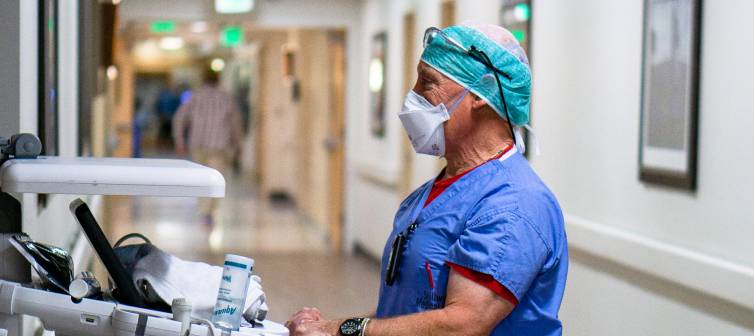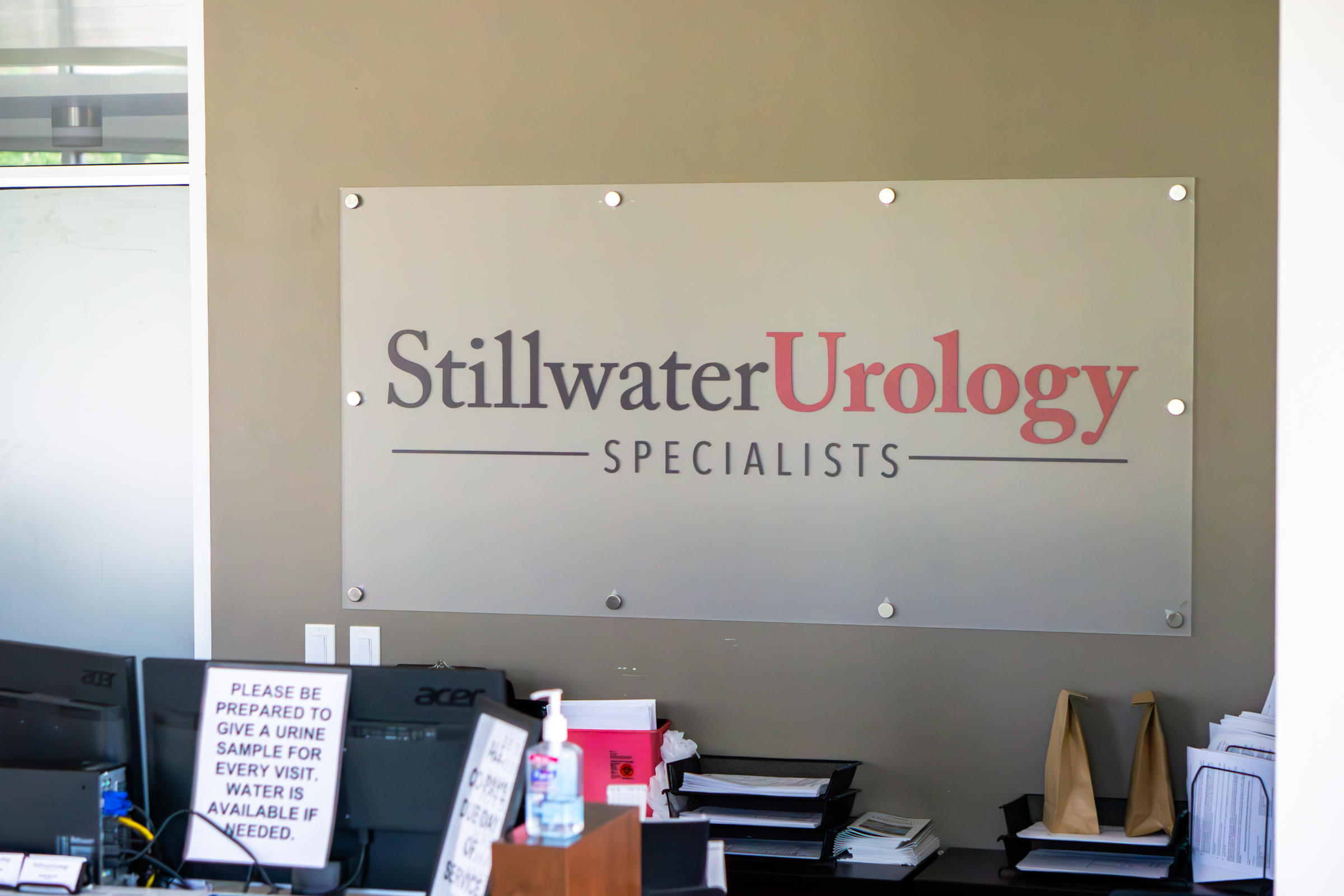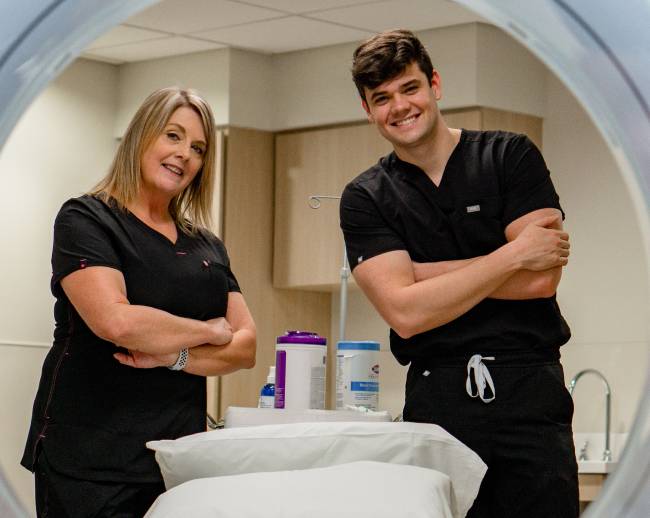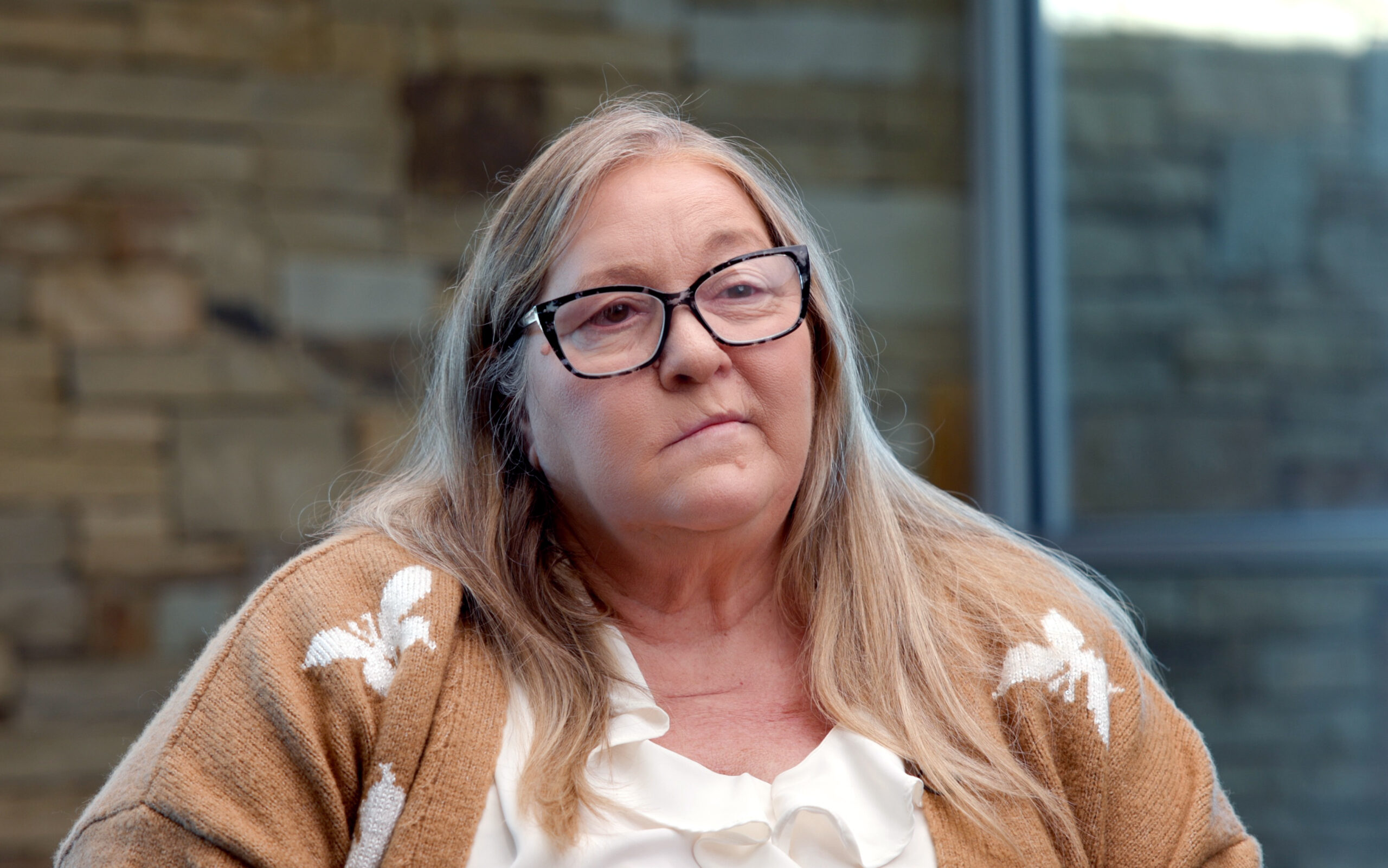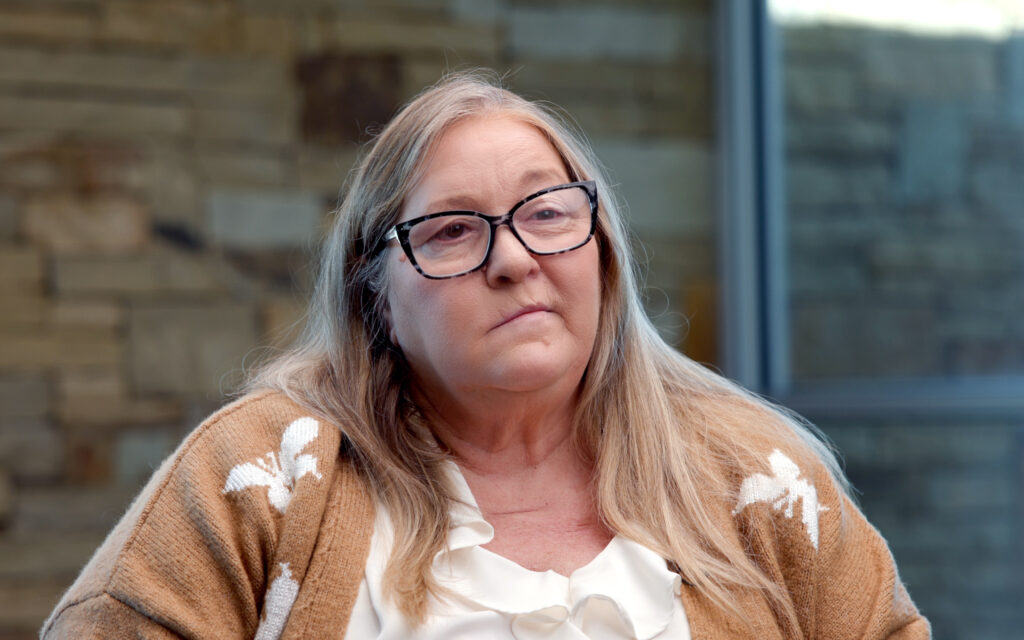
When Kim Henry first came to Stillwater Medical, she was discouraged and exhausted. After years of battling chronic myeloid leukemia, she faced a new set of challenges caused by her treatments.
Nerve damage led to neuropathy in her feet and eventually Bell’s palsy. Her leg became so weak and unresponsive that she could not tell whether she was standing. “That’s what originally sent me to Stillwater Medical,” she said.
From the moment Henry arrived, she was met with kindness and care that made all the difference. “They met us at the door, helped get me into a wheelchair, talked to me like they had known me their whole life,” she said with a smile. Every staff member treated her with warmth and respect, using her name and making her feel seen as a person rather than a patient.
“It meant a lot to me that they didn’t call me Katherine, because hearing Katherine, I think I’m in trouble,” she laughed. “It was really nice to hear somebody talking to me, not as a patient, but to me.”
Soon after she was admitted, Henry met Liberty Wright, an occupational therapist whose energy and optimism would change her life. Wright had just completed a neuro ophthalmology course and wanted to try new techniques to help her regain function.
A neuro specialist at another facility told Henry her recovery had plateaued, and she should just accept where she was. Wright’s hope for healing reignited Henry’s own. The exercises she taught began to make a visible difference in only a few days’ time.
“I practiced the whole weekend,” Henry said. “When my husband came Sunday night, he said, ‘Babe, your eye is straight.’”
Henry was doing what she had believed was impossible with the help of Wright and the rest of the staff at The Rehab Center. Luke Moorman, a physical therapist, worked diligently to help her regain strength in her leg. He even challenged her to face a deep-rooted fear of stairs due to an accident that happened earlier in her life.
“He had no idea what was going on and why I didn’t want to do stairs. He kept saying, ‘Come on, you’ve accomplished so much, what’s five steps over stairs?’ Before I left there, I did those stairs probably 10 times. I don’t have that fear anymore.”
The culture at Stillwater Medical played a vital role in Henry’s healing. “You couldn’t have picked better people to work together,” Henry said. The staff’s ability to balance professionalism with genuine human connection made Henry feel like part of a family.
“They joked around with you,” she said. “They made us feel included in everything.”
Henry’s experience at Stillwater Medical did more than restore her strength. It restored her hope.
“I was already suffering from depression, really bad,” she said. “Within two days of being there, you couldn’t have told anybody that I had depression.” Surrounded by compassionate caregivers and supportive patients, Henry found a new kind of family.
“It is a family there,” she said. “And that’s what you need when you’re going through rehabilitation. If your family can’t be there, you have another family there.”
Henry’s story is a testament to the power of care, connection, and compassion. With the help of a dedicated team of therapists and the culture of Stillwater Medical, she not only regained her strength but also rediscovered joy in life. Her journey reminds us that healing begins when people truly connect with the needs of another and dare to hope with them – one step at a time.
